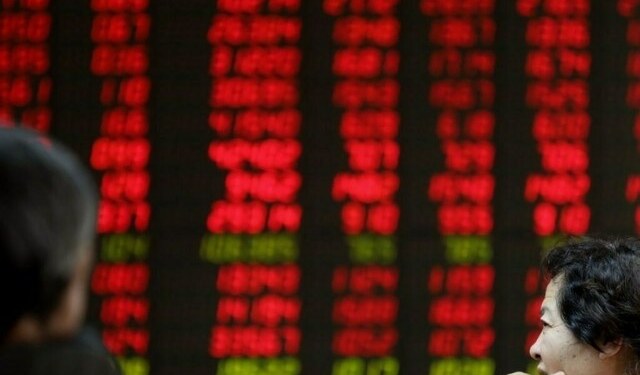Asian solvent-grade mixed xylenes prices have tumbled 19-21% since early December, outstripping the 7% retreat seen last winter, as sliding crude and credit defaults in China add to seasonal weather-related pressure on demand.
The spread between the benchmark FOB Korea and CFR China markers also remains unusually wide at $48/mt as credit defaults by buyers in China make South Korean traders increasingly wary.
The FOB Korea marker was assessed at $564/mt last Friday, down 21.2% from December 5, 2014, after hitting a multi-year low of $515/mt on January 16.
The marker fell 6.89% over the same period a year earlier, and 4.27% the winter before that.
The CFR China marker with 90 days’ letter of credit was assessed at $612/mt last Friday, down 19% from December 5.
Winter is off-peak season for solvent MX in China due to weather-related slowdowns in the construction sector, with the product widely used in paint.
However this winter, credit defaults by Chinese aromatics traders have made South Korean suppliers wary, widening the spread between the two markets.
“The current spread is indicative of the wariness of most Korean traders”, a trading source said.
“The spread is usually around $35-$40/mt, which includes approximately $5/mt for the L/C 90 day terms and the current freight rates of $28-$30/mt for aromatics cargoes from South Korea to China.”
Traders who buy solvent-MX from South Korean producers to on-sell to China have become increasingly reluctant to purchase cargoes, fearing end-user purchasers in China will default, pressuring down the FOB Korea marker, while demand in China has fallen less sharply, widening the spread between the two.
The Chinese domestic market, while tracking the fall in global crude oil prices, remained reasonably firm in the range of Yuan 4,600-5,100/mt over January.
This is due in part to a rise in import duties on solvent-MX to 7% from January 1 from 3% earlier, which increased the cost of solvent-MX imports from South Korea, further dampening demand that typically falls in the leadup to the Lunar New year holiday.
“The market in China is still likely to be weak after the Spring Festival because China’s macroeconomic data is bad and demand is also weaker,” a trader said.
– Platts.com


























